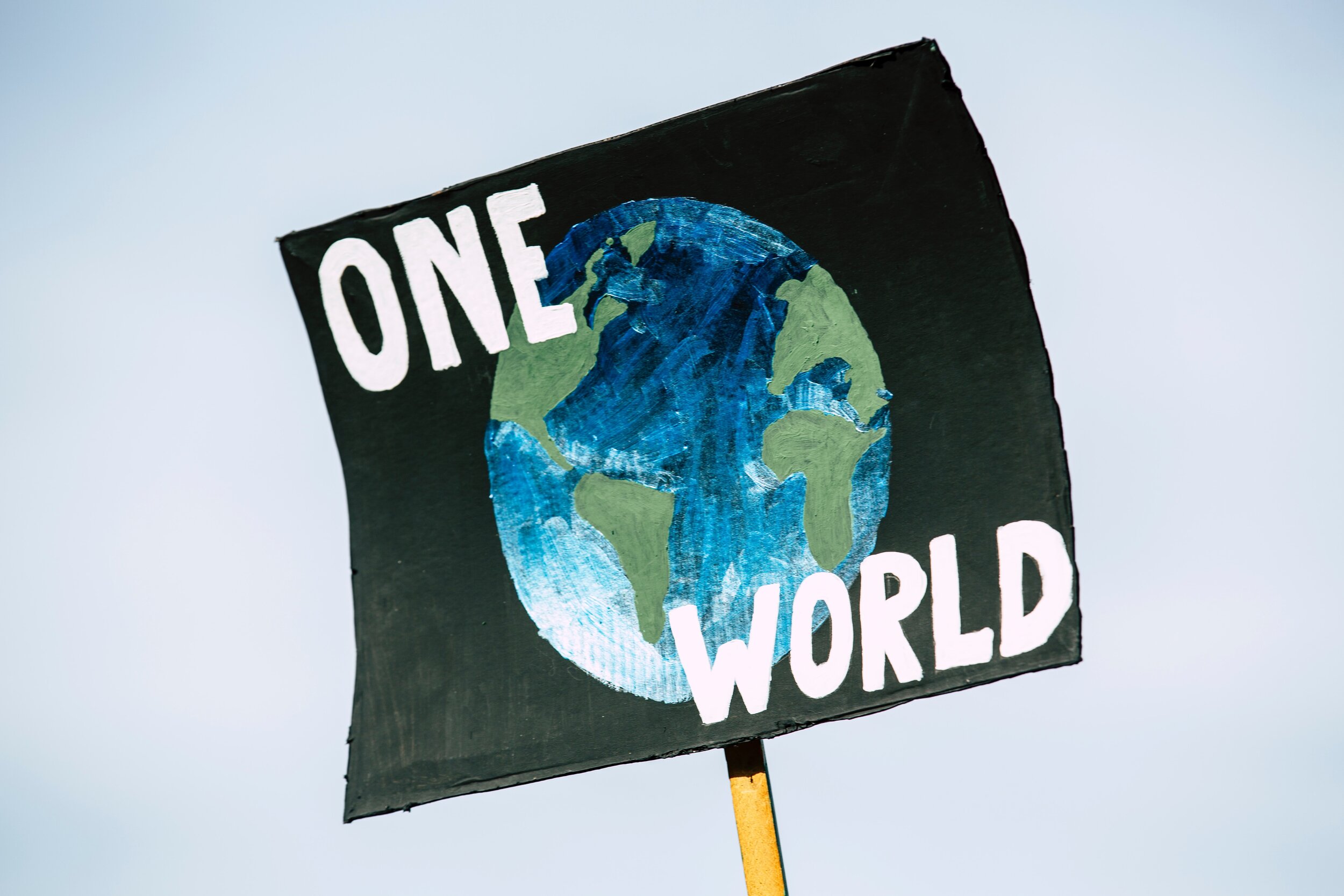Climate change is one of the most pressing issues of our time, affecting not only the environment but also global politics. As nations grapple with the consequences of a warming planet, the political landscape is being reshaped in profound ways. This article explores how climate change influences global politics, the challenges it presents, and the opportunities for international cooperation.
The Influence of Climate Change on National Policies
Climate change has become a central issue in national policies around the world. Governments are increasingly recognizing the need to address environmental concerns, leading to the implementation of policies aimed at reducing greenhouse gas emissions and promoting renewable energy. Countries like Germany and Denmark have taken the lead in transitioning to sustainable energy sources, setting an example for others to follow. Meanwhile, nations heavily reliant on fossil fuels face the dilemma of balancing economic interests with environmental responsibilities.
International Agreements and Diplomatic Efforts
International cooperation is crucial in addressing climate change, as its impacts do not respect national borders. The Paris Agreement, adopted in 2015, represents a significant milestone in global climate diplomacy. This accord brought together nearly every nation to commit to limiting global warming to well below 2 degrees Celsius above pre-industrial levels. While progress has been made, the withdrawal of major players like the United States (under the Trump administration) and varying commitments from other countries highlight the challenges in maintaining a unified global effort.
Climate Change as a Catalyst for Conflict
Climate change is increasingly recognized as a threat multiplier that can exacerbate existing conflicts and create new ones. Scarcity of resources such as water and arable land, intensified by changing climate conditions, can lead to competition and tension between nations. The situation in the Middle East and North Africa, where water scarcity is a significant issue, is an example of how climate change can aggravate geopolitical tensions.
Migration and Displacement
Rising sea levels, extreme weather events, and changing agricultural conditions are forcing millions of people to migrate. Climate refugees are becoming a growing concern for many countries, particularly those in the Global South. This mass displacement poses significant challenges for receiving countries, often leading to political and social tensions. Developed nations are also grappling with how to respond to the influx of climate migrants, balancing humanitarian responsibilities with domestic political pressures.
The Role of Non-State Actors
Non-state actors, including non-governmental organizations (NGOs), multinational corporations, and local communities, play a critical role in addressing climate change. NGOs often spearhead grassroots movements, raising awareness and pushing for policy changes. Corporations are increasingly recognizing the economic benefits of sustainable practices and are investing in green technologies. Local communities, particularly those most affected by climate change, are innovating and adapting to new realities, often leading the way in resilience and sustainability efforts.
How does climate change affect global security?
Climate change can exacerbate resource scarcity, leading to conflicts over water, food, and energy. It can also destabilize regions by increasing the frequency and severity of natural disasters.
What are the economic implications of climate change?
The economic impacts are vast, including damage to infrastructure, loss of agricultural productivity, and increased health costs. Transitioning to a green economy also presents significant opportunities for job creation and economic growth.
How can international cooperation address climate change effectively?
Effective international cooperation requires strong commitments from all countries, transparent reporting, and mechanisms for accountability. Collaborative initiatives like the Paris Agreement are essential for coordinated global action.
What is the role of technology in combating climate change?
Technology plays a crucial role in mitigating climate change through advancements in renewable energy, energy efficiency, carbon capture, and sustainable agriculture practices.
How are developing countries affected differently by climate change compared to developed countries?
Developing countries are often more vulnerable to the impacts of climate change due to limited resources and infrastructure to adapt. They also face greater challenges in balancing economic development with environmental sustainability.
Conclusion
Climate change is not just an environmental issue; it is a profound political challenge that demands coordinated global action. From national policies to international agreements, from conflicts to migration, the political dimensions of climate change are vast and complex. Addressing this global crisis requires cooperation, innovation, and a shared commitment to sustainability. As nations navigate these challenges, the hope lies in collective action and a unified vision for a resilient and sustainable future.




